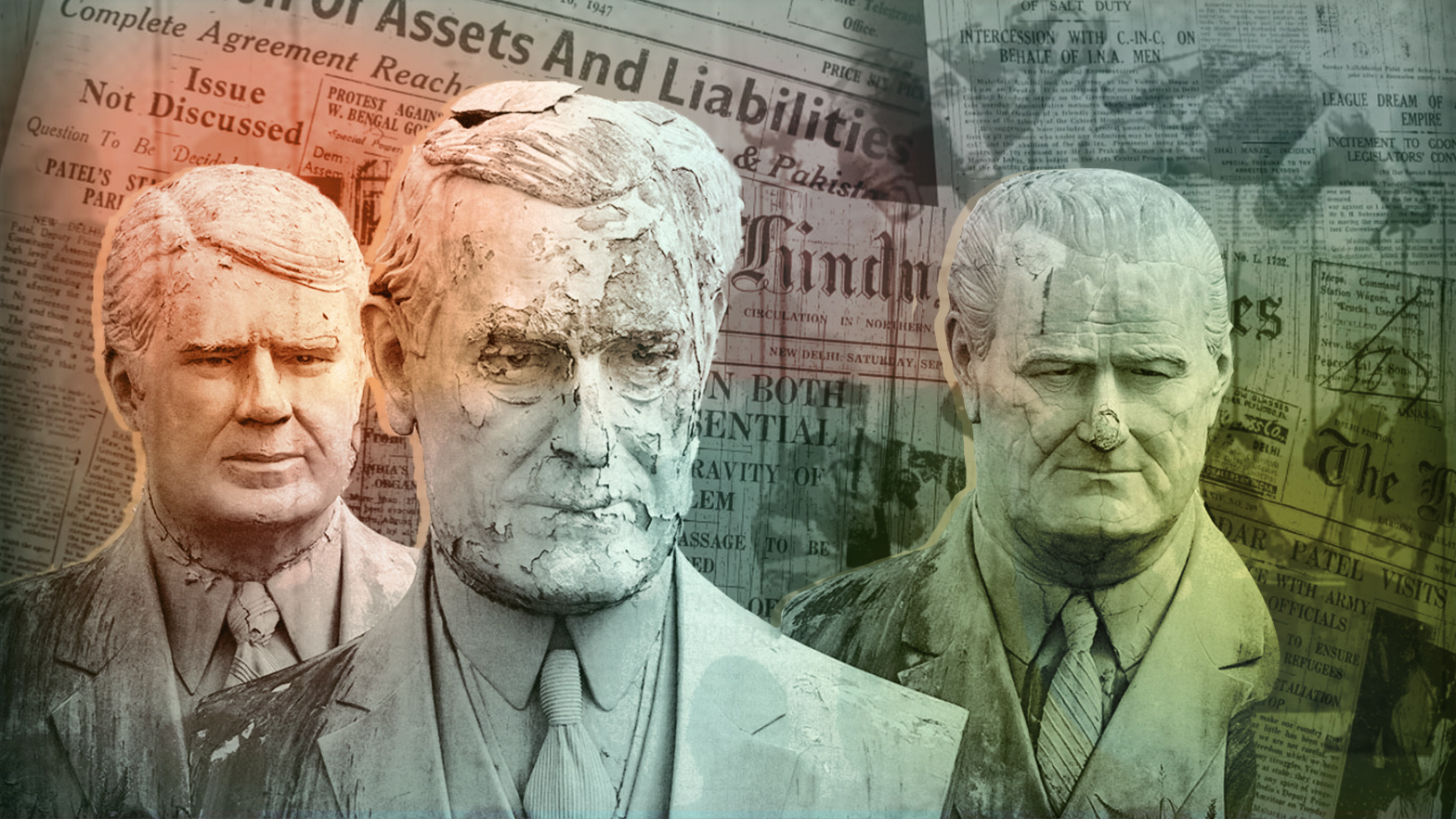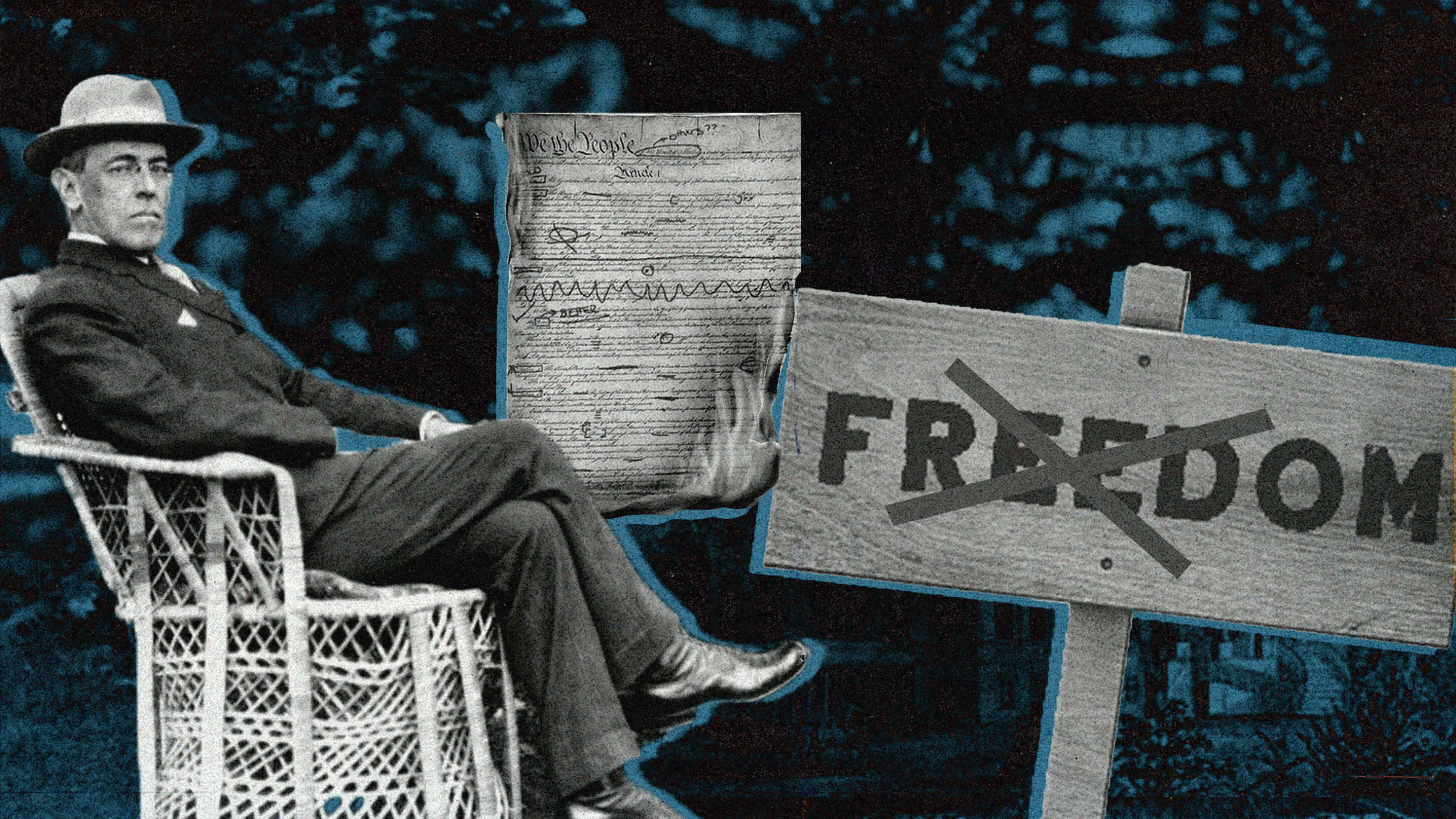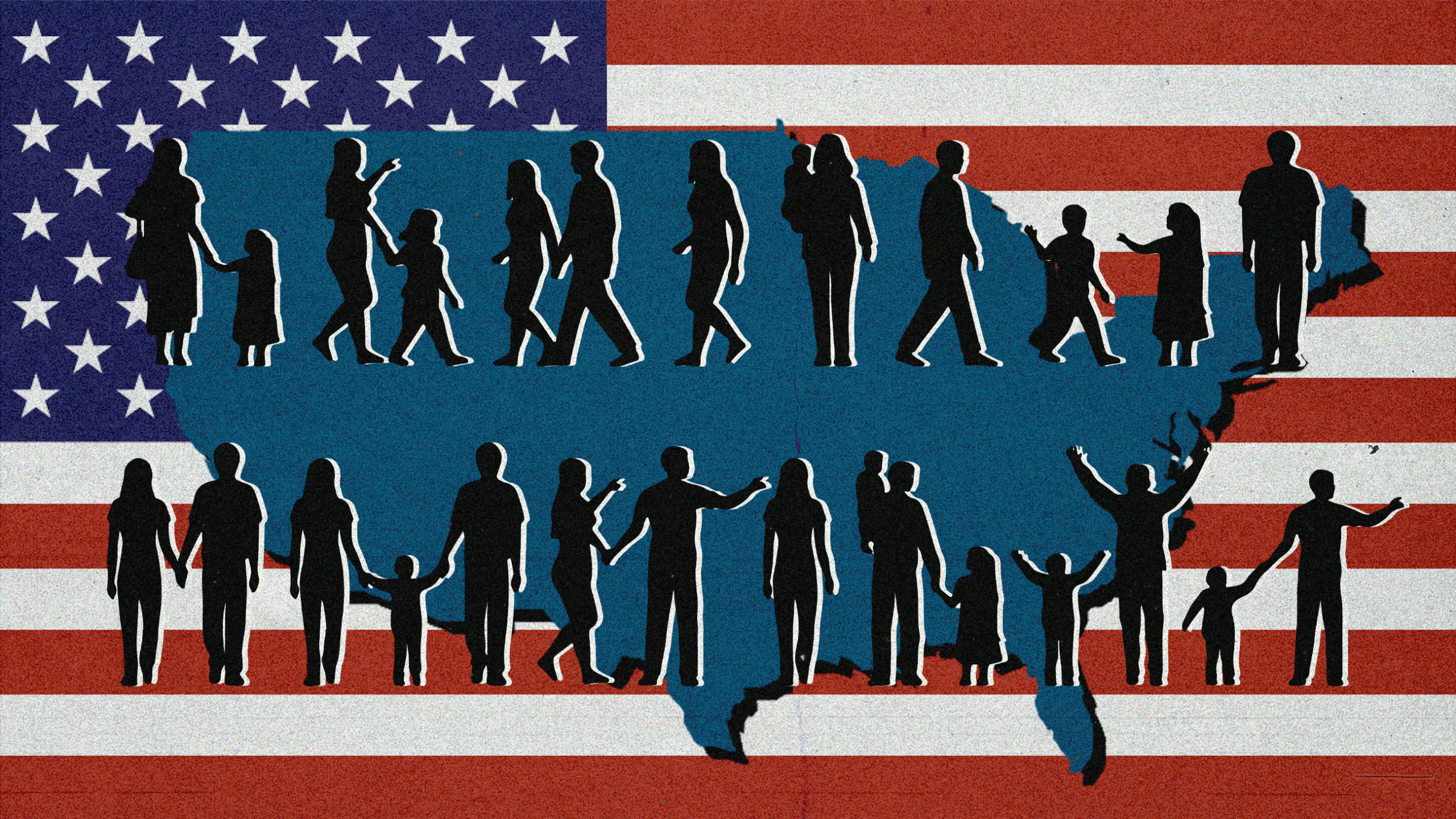The real “great replacement” is the replacement of America’s constitutional republic.
Uncivil Society

Ruling class lies about human nature make civility nigh-on impossible.
The following transcript is from a speech delivered at an event entitled “Lies of the Ruling Class,” hosted in May 2022 at the Claremont Institute’s DC Center for the American Way of Life.
The post-Cold War era in American politics has been a weird one in our history. It’s had many characteristics, but the most interesting (and troubling) to me are the twin phenomena of an ascendant and arrogant bipartisan ruling class, and the populist reaction against it.
Now, neither of these phenomena is weird in and of itself in American history. What is weird is the inability of either major party to win decisively and dominate Congress and the presidency for any length of time. We see instead the trading of the presidency and congressional majorities back and forth, resulting in gridlock.
But at the same time as we’ve had gridlock, we’ve had certain formerly vital topics removed from polite society and even from normal politics. Or perhaps it’s more accurate to say that the policy options on key issues like trade, immigration, race, the sexes, and war have been narrowed as a practical matter—a constriction reinforced by an increasingly unimaginative, arrogant, and moralistic ruling class narrative. These practical facts of policymaking and the way we talk about them are reinforced by the bureaucracy, which the bipartisan ruling class treats as the only real and legitimate way to make policy anymore. This narrowed discourse, driven by our bureaucratic consensus, is of course this conference’s theme.
We had an unaccountable bureaucracy or administrative state long before the 1990s, of course, but the Reagan years were really the last gasp of any sustained and serious opposition.
This institutional backdrop of a permanent government in Washington—insulated from real political control and endorsed and defended by a bipartisan ruling class—is the most important and enduring facet of our current politics. And it needs to be disrupted, broken, and scattered to the far corners of the earth.
We saw glimmers of a return to politics in the earthquake of 2016 and the bipartisan freakout ever since. By a “return to politics” I mean the advocacy of a set of policy and political reforms hostile to the permanent government consensus, and then the assembly of a national constitutional majority behind it, the winning of an election, and the attempt to enact that agenda.
We all know what happened. The ruling class antibodies in the courts, bureaucracy, media, and general beltway consensus activated virulently to attack what they saw as political cancer.
My late and great colleague Angelo Codevilla wrote a prescient and famous essay in 2010 about America’s Ruling Class. He described a “Country Class” opposed to the arrogant, elite-educated, and imperialistic ruling class. Seven years later (a year into the Trump Administration), Angelo would write about a Cold Civil War. My colleague Charles Kesler has written a book about our Crisis of the Two Constitutions.
I want to close with some thoughts about civility in such times of crisis. The etymology of civility of course points back to citizenship and proper conduct under a certain regime or political community. Much has been said about our lack of civility in recent years. But of course we should expect a breakdown of civility when our divisions run so deep. Especially at the elite level—the level at which our national political tone is set and contested—we disagree on the nature of our humanity, about what the sexes are, about what rights are, and about how we can come to know anything at all about the natural world and our place in it.
The ruling class professes to know a certain set of answers to those questions that is radically at odds with the beliefs and knowledge of a majority of Americans. To be sure, this doesn’t mean the ruling class’s theory of the case isn’t full of contradictions. And it doesn’t mean there aren’t any disputes in the elite political coalition within its citadels in Washington, New York, Davos, and Hollywood. But the tendencies of the class and its ideology are real and identifiable—and when you lay them all out to normal Americans, they think you made them up.
We really are two Americas, with two citizenries and profoundly different notions of reality and justice. And so at a certain level, civility is impossible or at least very difficult. If you can’t agree on fundamentals and thus will not defend each other’s rights as a matter of civic duty, you can’t truly be fellow citizens and certainly will find it hard to maintain civility.
The good news is that the radical propositions of our ruling class—about rights, knowledge, biological sex, human being, and reality itself—are still only sincerely held by a vanguard which has overrun the universities and now wields its ideology as the “applied science of the administrative state” (to quote my colleague John Marini).
You might say, “wait, that’s the good news?!”
It is, in the sense that the true tenets of the ruling class are anti-nature and ultimately anti-rational.
And so the prime task of statesmanship today is to expose, oppose, and roll back at every turn and every level of authority (local, state, and national) this irrational, radical, and destructive ideology and the class that advances it. The class and its ideology are deeply entrenched and continue to spread—so this won’t be easy.
But the work needs doing, the country needs saving, and so we should take up that task together in good cheer, and have fun gaining recruits along the way.
The starting point, of course, is understanding the ruling class and its lies, hence this conference today. Thank you all for being here to help with this important work.
The American Mind presents a range of perspectives. Views are writers’ own and do not necessarily represent those of The Claremont Institute.
The American Mind is a publication of the Claremont Institute, a non-profit 501(c)(3) organization, dedicated to restoring the principles of the American Founding to their rightful, preeminent authority in our national life. Interested in supporting our work? Gifts to the Claremont Institute are tax-deductible.
Whom does perpetual immigration serve?
America’s elites are neither bright, competent, nor qualified
Why Women Can’t Have it All.
And is it good?
The religion of ethnic caste.






